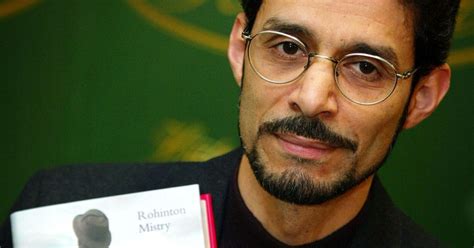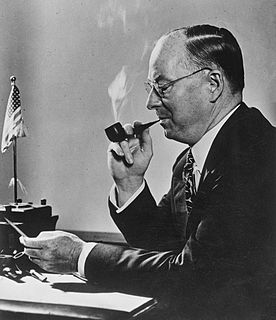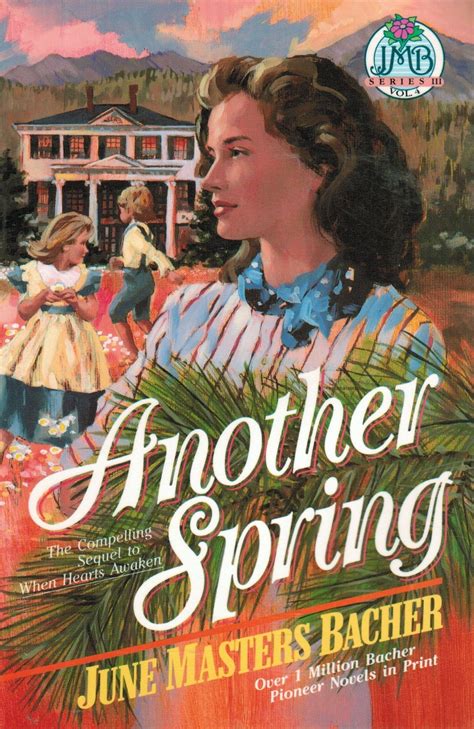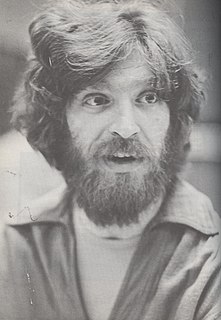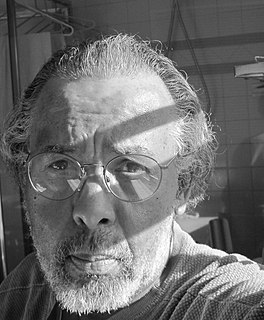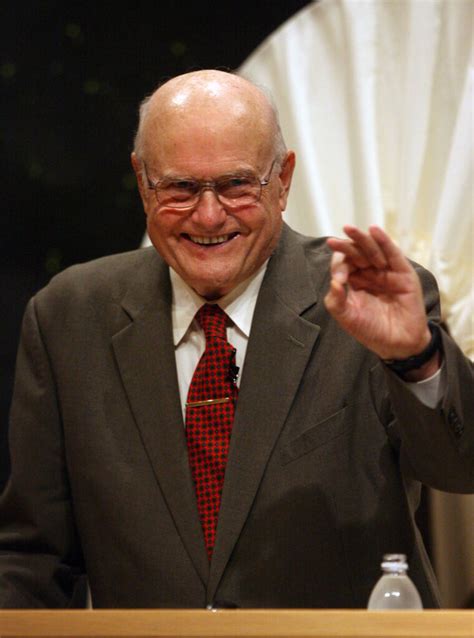A Quote by Rohinton Mistry
Hahnji, mister, you must be patient. Before you can name that corner, our future must become past.
Related Quotes
It seems to me that the dedication of a library is an act of faith. To bring together the resources of the past and to house them in buildings where they will be preserved for the use of men and women in the future, a nation must believe in three things. It must believe in the past. it must believe in the future. It must, above all, believe in the capacity of its own people so to learn from the past that they can gain in judgment in creating their own future.
There must be what Mr. Gladstone many years ago called a blessed act of oblivion. We must all turn our backs upon the horrors of the past. We must look to the future. We cannot afford to drag forward across the years that are to come the hatreds and revenges which have sprung from the injuries of the past.
And we should forget, day by day, what we have done; this is true non-attachment. And we should do something new. To do something new, of course we must know our past, and this is alright. But we should not keep holding onto anything we have done; we should only reflect on it. And we must have some idea of what we should do in the future. But the future is the future, the past is the past; now we should work on something new.
We who run in the way of Love must never torment ourselves about anything. If I did not suffer minute by minute, it would be impossible for me to be patient; but I see only the present moment, I forget the past, and take good care not to anticipate the future. If we grow disheartened, if sometimes we despair, it is because we have been dwelling on the past or the future.
We must drop the idea that change comes slowly. It does ordinarily - in part because we think it does. Today changes must come fast; and we must adjust our mental habits, so that we can accept comfortably the idea of stopping one thing and beginning another overnight. We must discard the idea that past routine, past ways of doing things, are probably the best ways. On the contrary, we must assume that there is probably a better way to do almost everything. We must stop assuming that a thing which has never been done before probably cannot be done at all.
The pursuit of happiness is a great activity. One must be open and alive. It is the greatest feat man has to accomplish, and spirits must flow. There must be courage. There are no easy ruts to get into which lead to happiness. A man must become interesting to himself and must become actually expressive before he can be happy.
The master-economist must possess a rare combination of gifts. He must reach a high standard in several different directions and must combine talents not often found together. He must be mathematician, historian, statesman, philosopher - in some degree. He must understand symbols and speak in words. He must contemplate the particular in terms of the general, and touch abstract and concrete in the same flight of thought. He must study the present in the light ofthe past for the purposes of the future
In the interest of the ethical and moral health of the country, the writer, the poet, the artist, the thinker, must hold a mirror up his or her country and say, look, this is who we are, this is how we live, this is our past, we must own it, forgive ourselves, transcend our transgressions, and become better people. Turning the tide must be a continuous effort.
We can help others in the world more by making the most of yourself than in any other way. We must be the epitome-the embodiment-of success. We must radiate success before it will come to us. We must first become mentally, from an attitude standpoint, the people we wish to become. We will receive not what we idly wish for but what we justly earn. Our rewards will always be in exact proportion to our service.
